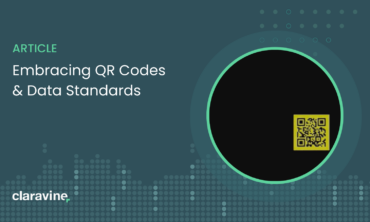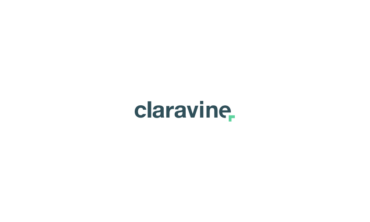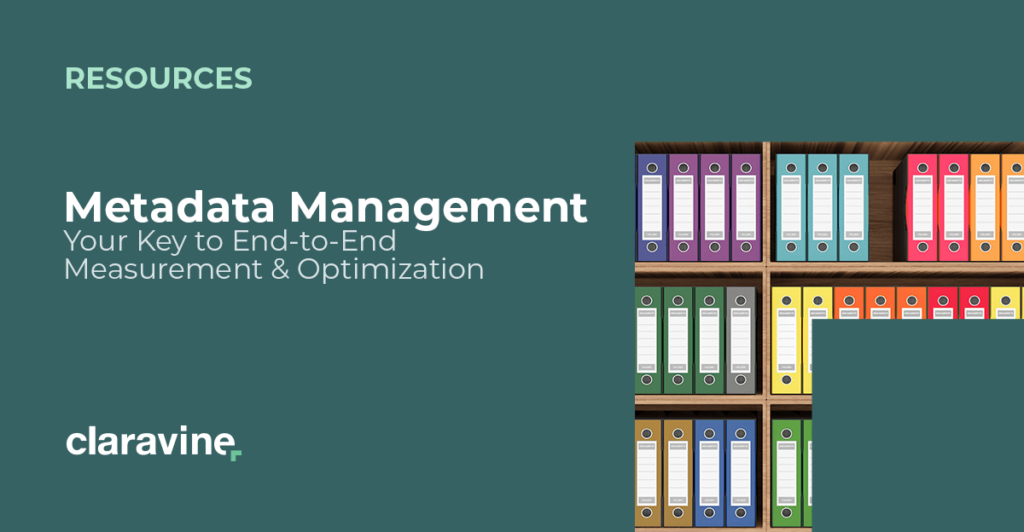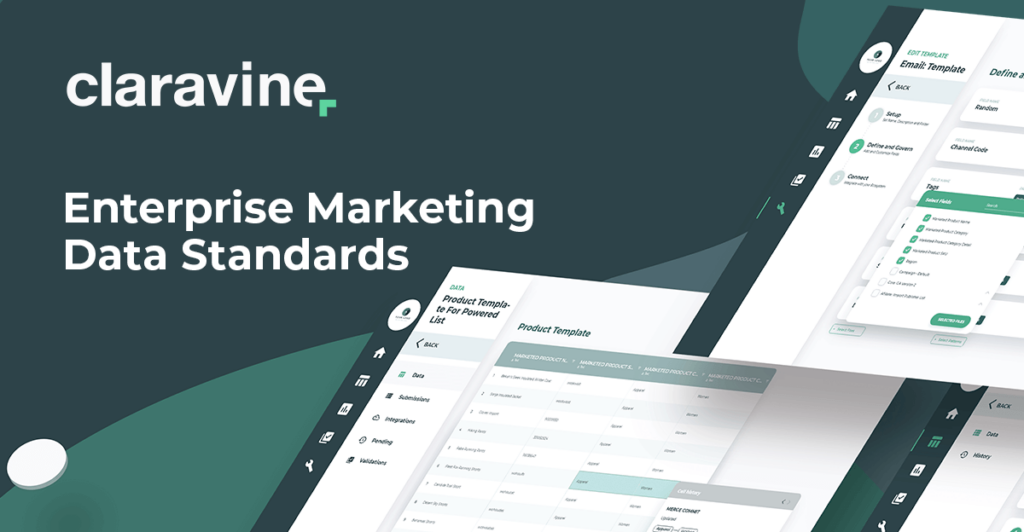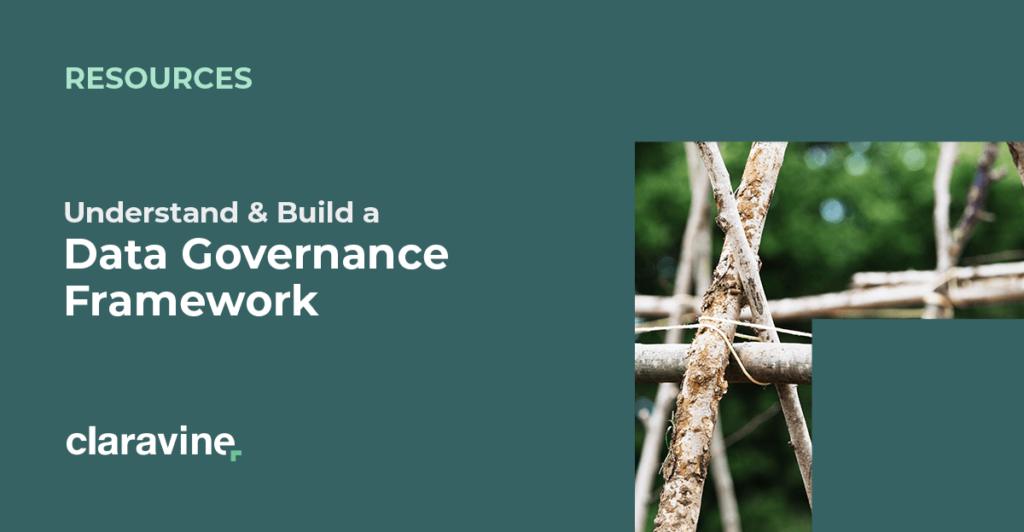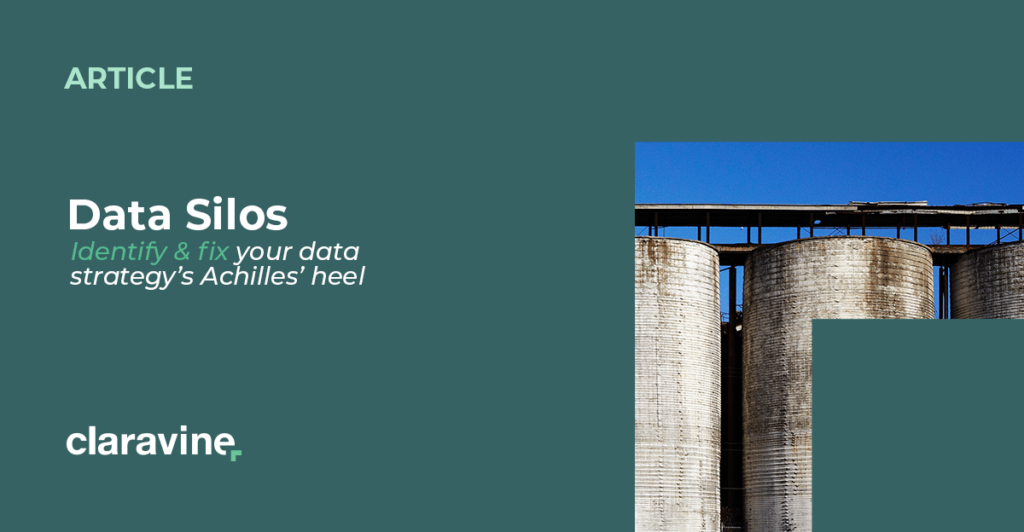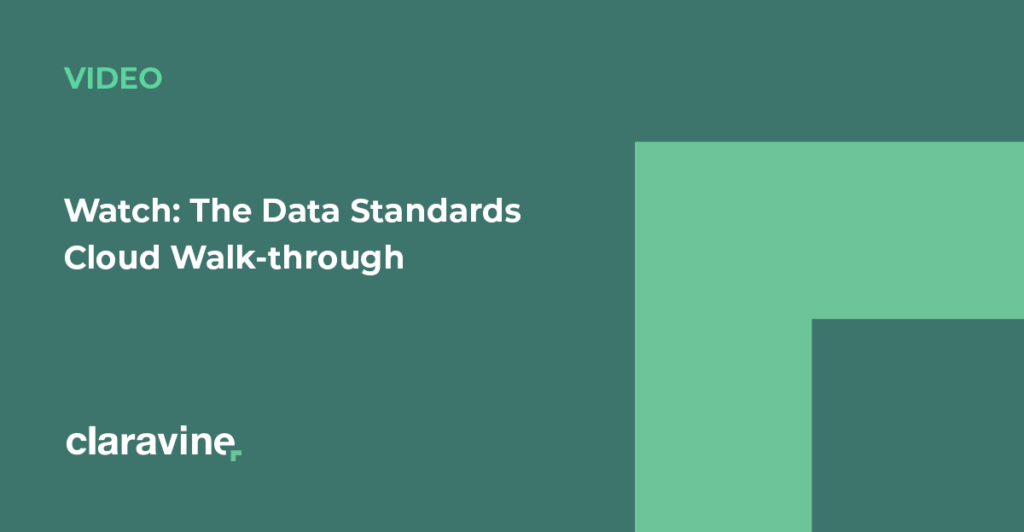Progress on Global Data Standards Moves at a Glacial Pace, but Your Business Can’t Afford to Wait
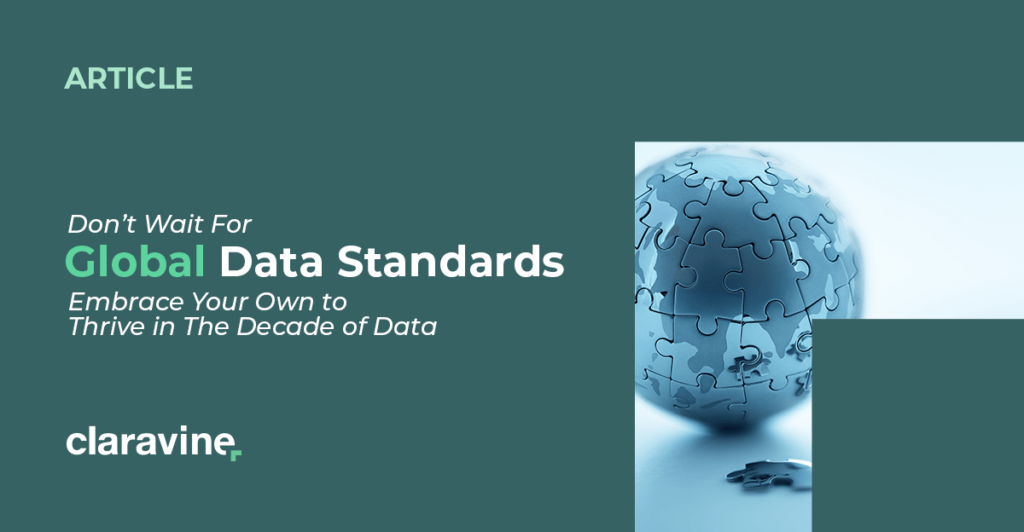
Europe, via GDPR and other measures, has restricted America’s access to Europeans’ data over concerns about privacy and security at both the individual and government levels. That’s led to an overall decrease in the ability to share data between regions.
And that’s a problem for businesses looking to do business around the world. Luckily, an international solution is in the works: global data standards. Unluckily, it’s still so far from fruition, you’ll need to act on your own.
Taxonomy Goes Global
Geopolitical & Economic Pressures Illuminate a Path to Global Data Standards
The push for global data standards isn’t new. But it’s been stalled for years. So while data sharing agreement talks became mere whispers, the March 2022 Ukraine invasion added urgency to the cause and sparked new, productive talks between American and European leaders.
With a tragic war underway in Ukraine, Western governments inch to the edge of their seats as they watch for signs of escalation into European Union territory. But they’re not just watching ground and air forces — Russia’s cyber attack capabilities may be on highest alert to the United States and EU. And what’s at the core of cyber activities? Data.
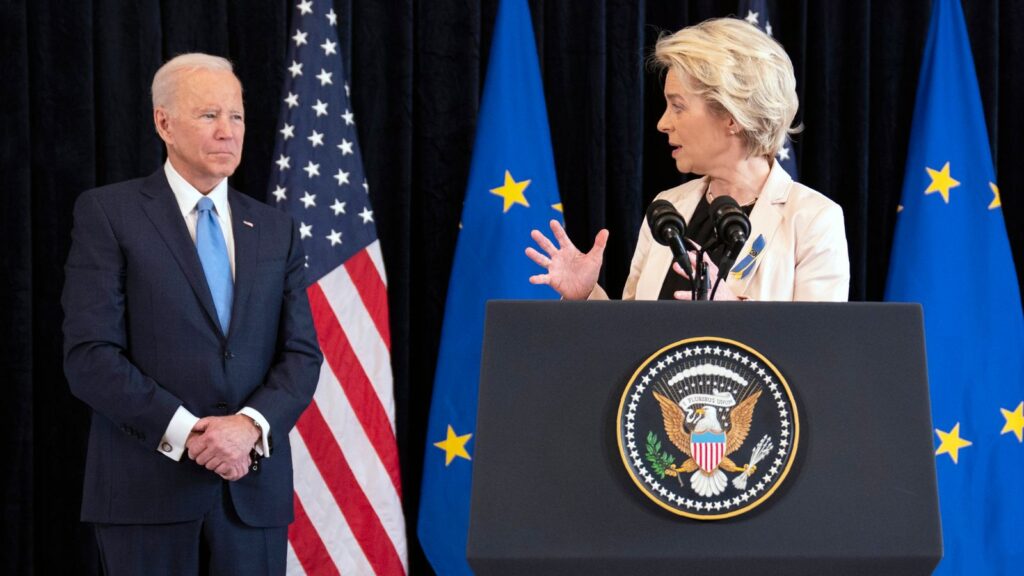
Case in point: President Biden made a stop during his March trip to Europe to shake hands with European Commission President Ursula von der Leyen over advancements in data sharing — and protection — between the regions. They’d like to present a unified front in the digital space, too.
But Global Data Standardization isn’t Just About Wartime Alliances (it’s Actually More About Privacy)
U.S. President Joe Biden and European Commission President Ursula von der Leyen took a few steps closer to aligning government data standards between nations. These standards focus on data captured from spying and law enforcement activities, but can also expand to pretty much everything governments collect. Tax, census, economic, and the jewel of the crown, digital trade data, are all on the table.
But the biggest concern? Privacy.
The EU currently sets the global aspiration, with nearly full control over how its citizens data is shared. In similar spirit to the CCPA, GDPR, LGPD, and other personal data protections, the US-EU data standards agreement would prioritize identity protection.
As you well know, privacy compliance is a core benefit of using data standards and striving toward data integrity. Bad marketing data that runs afoul of privacy guidelines won’t just screw up a marketing campaign, it can ripple throughout the enterprise and cause massive legal or financial issues.

Top world leaders are trying to reconcile a crisscrossing network of data sharing agreements between regions and countries. A global data standard would, much like the United Nations, provide a unified governing body in this case focused on a shared data language from Tahiti to Timbuktu and everywhere in-between.
It’s incredibly common for global leaders to find agreement, so expect this to happen next week. Just kidding, obviously — although the Organization for Economic Cooperation and Development thinks they can make it happen sometime soon. Maybe.
Yet one analyst points out the silver lining of this process taking so long, saying that a “temporary fix” would have been expedited, so the drawn-out proceedings indicate a more robust, evergreen approach to global data standards.
Supply Chain Slowdowns — Heard of ‘Em?
Be it war or pandemic, or just getting stuck sideways in a narrow canal, events in the world tend to always, somehow, affect global supply chains.
Any guess as to what could solve, at least partially, these recurring bottlenecks and disruptions?
Global supply chain data standards are top of mind as the biggest players in barges and big rigs beg for a national freight data portal.

Even industries as old as time have lurched into the data age with a realization: they need to speak the same data language.
The Supply Chain Optimization and Resilience (SCORe) Coalition and technical standards organization ASTM International (American Society for Testing and Materials) recently converged in Long Beach, CA — which you may remember from recent events including “Months-Long Logistics Backups” and “Miles-Long Lines of Truckers.”
The meeting rallied around the need for a national freight data portal with international data standards in order to facilitate the free exchange of information in the digital era. It was a milestone agreement by industries including cargo and logistics; retailers and convenience stores; medical supplies and equipment providers; as well as the United States Department of Transportation, Department of Commerce, and a rep from Biden’s Supply Chain Disruptions Task Force. All agreed that data standards are a critical step to “enable global supply chain data exchange, relieve port and supply chain congestion, and improve trade competitiveness.”
Yet data standards go even further: they play a vital role in protecting supply chain cyber attacks, which rose over 50% in 2021. Business standards organization GS1 (which helped launch UPC barcodes for grocery and retail in the ‘70s) is hosting a hackathon in June 2022 with the challenge of leveraging data standards to answer some pretty crucial supply chain questions:
- How can standards and technology empower shorter supply chains to improve versatility and resilience?
- How can standardized location data be leveraged in shortened and diversified supply chains to provide better traceability and assurances of authenticity?
- How can GS1 standards be leveraged in circular use cases (refurbishment, remanufacturing, recommerce, etc.) for more localized supply chains to provide better traceability and assurances of authenticity?
Hm, that sounds familiar. I wonder if another global industry is looking to data standards to solve problems with data exchange, channel congestion, market scalability, and buy/sell-side transparency…
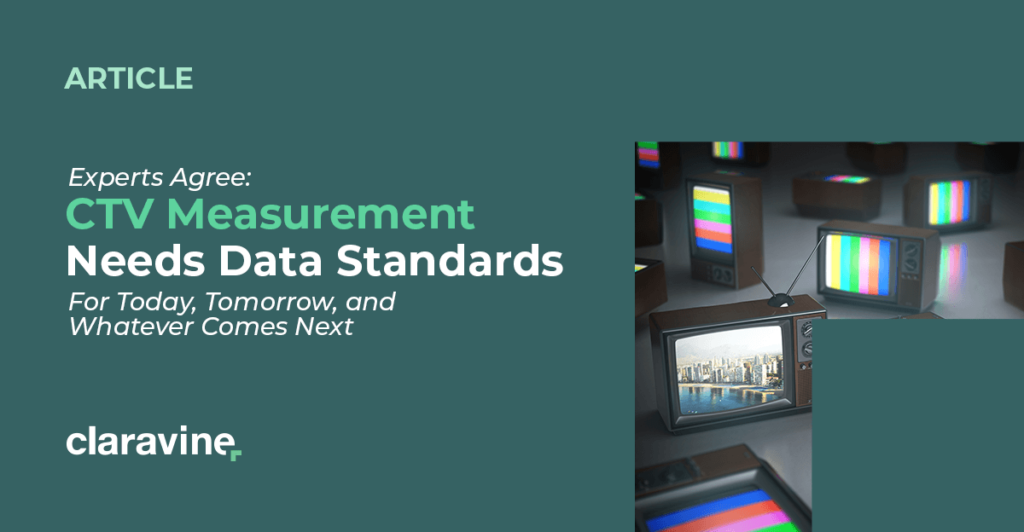
Oh, Yeah — And China
In the second half of 2021, China made its new technology and data standards public.
So the acceleration of US-EU data standards talks can’t just be credited to security and privacy. Rather, it gained urgency a bit earlier when Xi Jinping announced the country’s goal to be the leading cyber-power and released its own technology and data standards.
As you would expect, Western leaders sprouted concern that China’s restrictive practices will carry over to their data governance and further impact free speech and human rights. The standards are in fact wide-reaching, applying to “products, services, and processes consumers rely on every day, including everything from the dimensions of a cargo container to the protocols for routing internet traffic. “
Biden and other leaders are also addressing an oft-ignored statistic. Via The Economist: “Between 2008 and 2019 world trade, relative to global GDP, fell by about five percentage points. Tariffs and other barriers to trade are piling up.” Take China and the US for example: direct investment flows between the world’s two largest economies has shrunk more than 80% over the last five years.
One big barrier to trade, specifically, digital trade? Data sharing. The largest hurdle to data sharing? Non-standardized data — disparate data languages.
And in the same sense of fighting fire with fire, the US and EU are aiming to bring data standards to the data standards battle.
Healthcare Networks and Climate Activists Proactively Embrace Data Standards — Why Can’t You?
Certain pointed data standards applications have emerged or are near realization. The healthcare and telehealth space looks to data standards for efficiency, harmony, and improved patient experiences (not to mention privacy).
The SEC has even joined forces with CPAs and climate activists to push for global financial and business activity reporting data standards. ESG (environmental, social, and governance) reporting lacks such standards, which limits its efficiency and its effectiveness in providing the information needed to address climate change.
What can we learn from these examples?
Waiting on the Feds for Data Standards Will Tank Your Competitiveness
If the Biden Administration is approaching global data standards via the EU agreement, the Chamber of Commerce, Department of Transportation, et cetera, we can all just sit tight, right?
Nope!
Global data standards are absolutely necessary, but it’s foolish to sit on your hands until they’re established internationally.
Companies have incredible opportunities to uncover (efficiency, value, collaboration, speed, the list goes on) in defining and applying their own data standards and then customizing how these standards “talk” with other systems. There’s no business logic in waiting for governments or industry associations to release data standards.
Companies that get proactive about their own standards and taxonomies now have a competitive advantage, especially if they have a flexible, central data standards platform. That’s because they’ll be able to elevate and integrate with any future standards enacted by regulatory bodies — with just a few clicks.
In the Decade of the Data Layer, those that define, activate, and connect common data languages (AKA standards, taxonomy) will be prime for acceleration and scale as the world moves from operating at the software level to the data layer.
Can Data Standards Change the World? (Yes.)
On a humanitarian note, perhaps global data standards can be a step in unifying a globalized, yet culturally diverging modern world. Globalization hasn’t been quite the cotton candy dream it was made out to be in the ‘90s, and it’s even slowed in recent years. As some countries have actually gotten more isolationist or at least more anti-globalist — perhaps, because standards of living improved to more acceptable levels — political, cultural, and economic divides between borders have grown.
But as we roar into an era lived upon the data layer, a common data language (standards) has the potential to restore connections between regions, economies, businesses — and people.
A Shared Language is Nothing Without Activation: Having vs. Using
As we find consensus on the cruciality of data standards — globally, industry-wide, or within a company — it becomes painfully obvious that having data standards is not the same as using data standards.
You can have a shelf full of cookbooks and still sit down to a microwaved TV dinner every night. You can know the French language, but unless you can put pen to paper or even just flex that larynx, your shared language is almost useless.
Creating, collecting, inputting, outputting, collaborating, and aggregating data with standards into, across, and beyond an organization is just as important as the definition(s) itself. It’s a confluence of metadata management, data governance, and data democratization. And that confluence can only occur with a data standards platform in place.
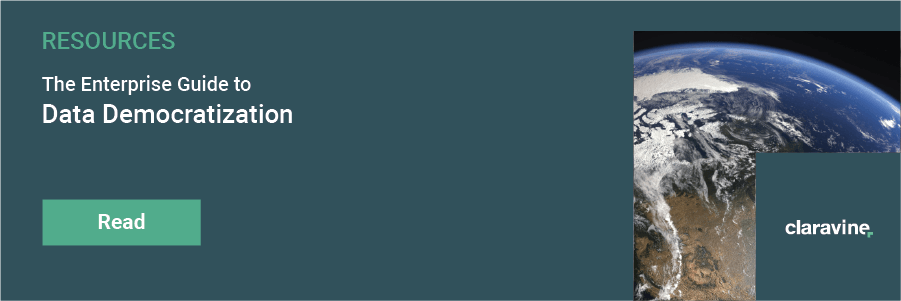
So go on — get ahead of the rest of the world by defining your company’s data standards. Then, rocket to the moon by loading them into a data standards platform that connects teams, technologies, and data stores in a collaboration-empowering ecosystem.

